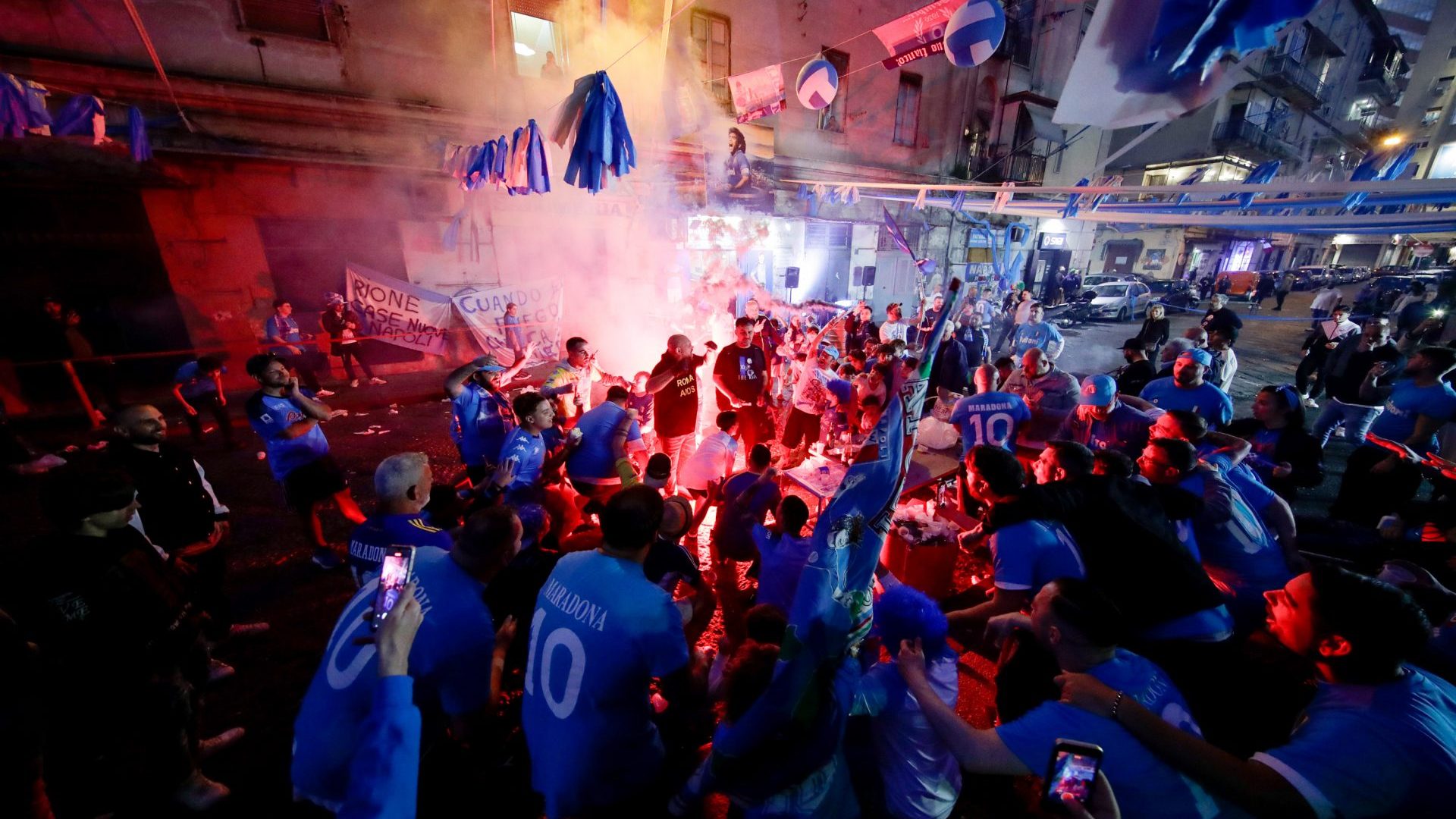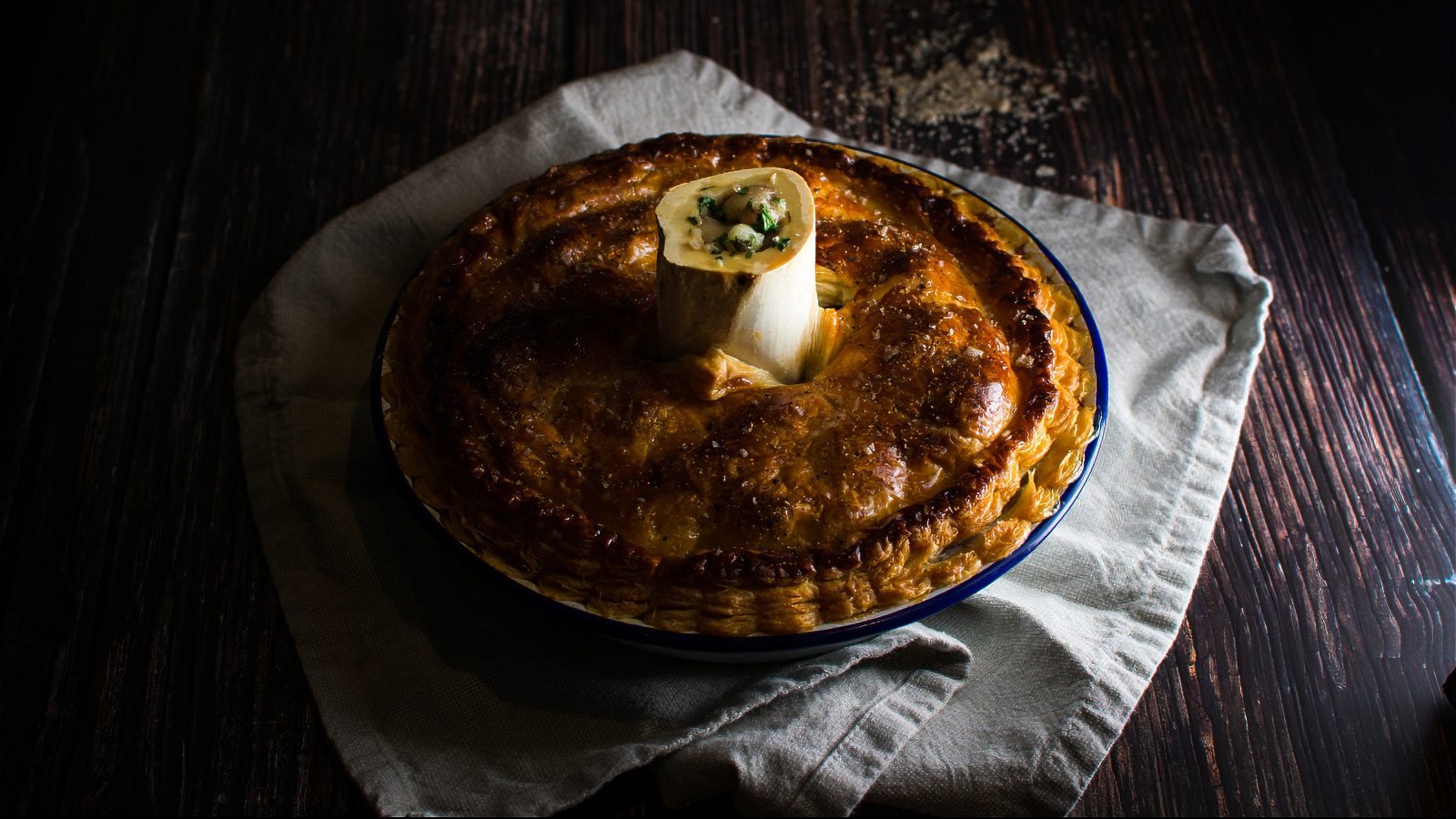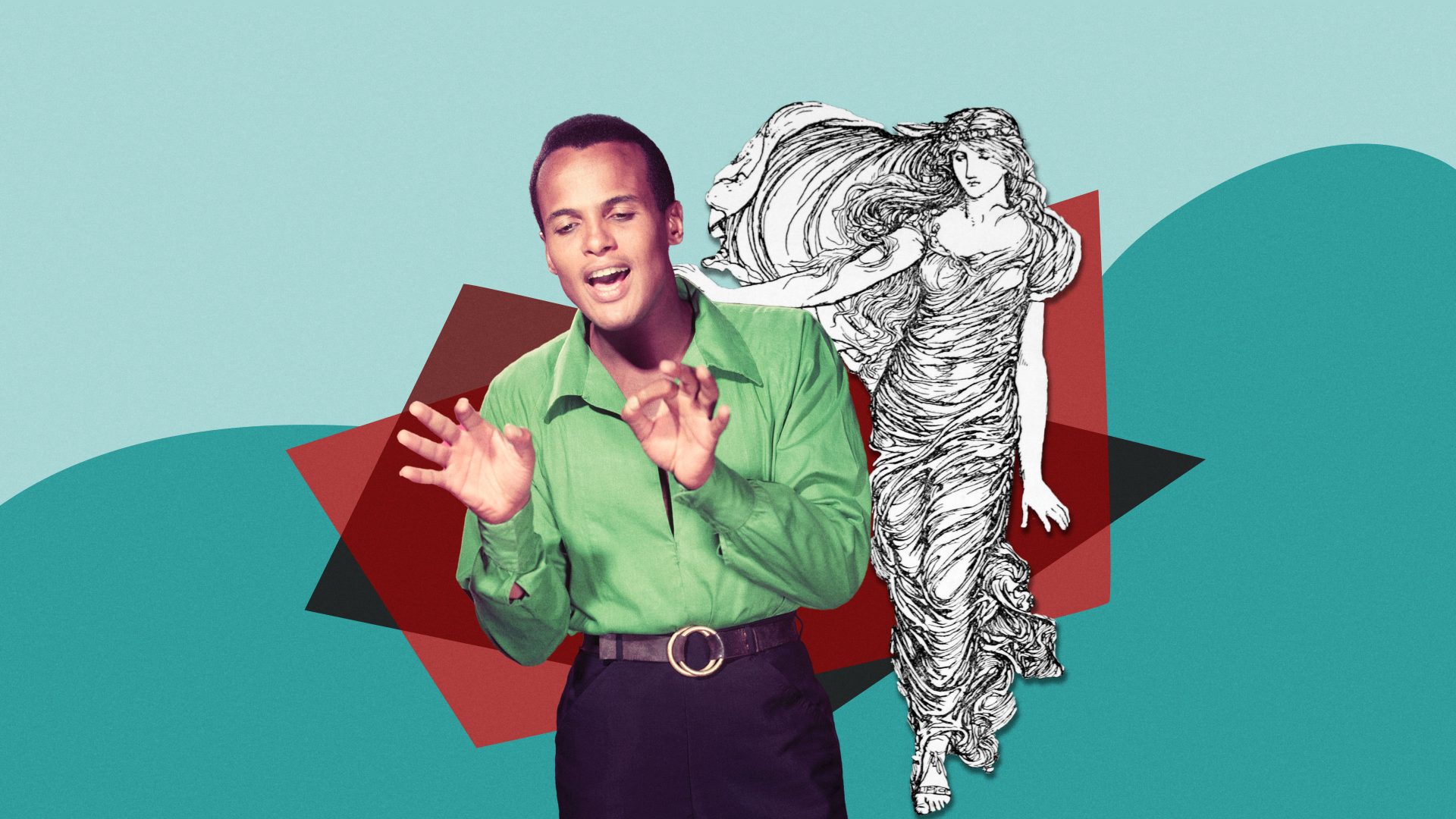Nearly 40 years have passed since Diego Maradona joined Napoli from Barcelona and journeyed with the beleaguered southern Italian team to play their first away game in Verona, only to be met with banners that read “Welcome to Italy”.
But the home side were not rolling out the red carpet for the great Argentinian. Rather, they were sending him and his new teammates a message about the perceived superiority of the supposedly cultured north over the backward south. Other signs spelled it out: “Smell them, even the city’s dogs are running away”; “Napoli (and cholera) has arrived”; “Vesuvius, wash them in fire”. A chant echoed around the stadium: “Napoli, the sewer of Italy”.
Last week, when they travelled 850 kilometres north to watch their team win the long-awaited Serie A title with a 1-1 draw against Udinese, older Napoli fans arriving at the stadium could be excused a certain sense of déjà vu. Scrawled on a wall outside the stadium were the words: “Always the same stench: Neapolitan shit”. On Twitter, a sea of similar, tired insults invoking unwashed southerners and the age-old trope of Naples as the shame of all Italy.
Scratch the surface of the infectious joy of Napoli fans and it is there for all
to see: a deep and distinctive seam of domestic racism characterised by the
seemingly insurmountable, centuries-old schism between the wealthy north
and impoverished south.
In some northern cities, including Varese, Udine and Bergamo, leaflets were distributed warning Neapolitans, Mafia-style, to leave and celebrate their victory elsewhere. These are cities where southerners, at least on the surface, are generally accepted and yet football elicited the kind of insults and threats heaped on Neapolitans during the period of greatest migration and diaspora, post-World War II.
For Maradona who had come from playing in one of the most ferociously separatist parts of Spain, anti-Neapolitan sentiment reminded him of chants of “Sudaca”, a derisory local term for a dark-skinned South American. Raised in a slum in the outer suburbs of Buenos Aires, without paved roads, clean water and riddled with skyrocketing youth unemployment, Maradona felt an
immediate, protective and visceral bond with the city’s people, quickly
declaring his aim to become “idol of the poor children of Naples because they are like I was when I lived in Buenos Aires”. In 1987, when Naples won its first Scudetto national championship, he ran a lap of honour dedicating it to “his people” and defining himself “a son of Naples”. For the citizens of his adopted city, this was a victory of south versus north, the poor against the rich, the poor in triumph against racism: “When we play outside Naples, we are nobodies: there is no respect for us so we must ensure we do the same to them,” he cried.
Today, most Neapolitans feel exactly the same way. The exiled author, screenwriter and anti-Camorra campaigner, Roberto Saviano, says a Scudetto won by Naples is unique, culturally different to the trophy when
won by any other club. “It is competitive fury, it is a pure and transversal joy felt in every section of society, in every neighbourhood. It is nemesis… it would be stupid to deny that the north of Italy is wealthier than the south. It would be myopic not to accept that this wealth translates to sport and that historically, the squads that win championships belong to the most powerful business groups on this peninsula.”
The city, he says, sees its football victory as an affirmation of itself, a
vindication of always being the underdog, disadvantaged, riven by the knowledge that migration is the only salvation. “Unless you leave your city,
your family, all that you love, you live with public and health services on their knees, dilapidated schools, public officials who behave like little kings and all this in a national political system that fails to curb any of it.”
Historical tensions between north and south in Italy, of course, hark back
to the mid-19th century and the great conflicts of reunification when Piedmont, in particular, was seen to wield greater power and authority, imposing policies and administrative and political structures – from military draft to crippling tariffs – detrimental to the south. The rapid industrialisation of the north fuelled by southern workers and two world wars intensified economic divisions and social inequalities.
Today, it is also too often forgotten that, despite unification into the Kingdom of Italy in 1861, every Italian region still retains its own dialect and defends ferociously its myriad traditions, culture and cuisine. What is more, southern migration to the north has meant that under normal circumstances, many southerners support the big, powerful Italian clubs, Juventus, AC Milan, Inter. Not this time, however.
In towns and villages all over the south, Naples has sparked an unusual sense of fraternity. “We feel like one, for once united” said Arcangelo
Calella, a former footballer, now resident of the little town of Fasano in
Puglia.
Aurelio de Laurentiis, Napoli’s determined club president, described his team’s win as a “ray of shining light in a deep, unrelenting fog, a vendetta
for all those who have felt themselves discriminated against, forgotten,
disadvantaged.”
Better still, pundits believe that European dominance may well be within their reach. The multicultural team of previous unknowns, including South Korean defender Kim Min-jae, the attacking duo of Stanislav Lobotka and Khvicha Kvaratskhelia and star striker Victor Osimhen are the envy of other Italian clubs, not just for their skill and brilliance but because sporting director Cristiano Giuntoli built his team without breaking the club’s bank. The challenge now will be holding on to them in the face of multi-million-euro acquisition offers.



